October 29, 2015
Facilities management must become more strategic or risk becoming irrelevant 0
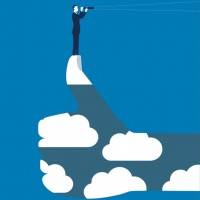 A new report claims that there are persistent and well-founded perceptions at boardroom level that facilities management is a support function with little or no strategic relevance and that this poses a serious risk to the discipline. While this may raise few eyebrows amongst those who have been aware of the problem for many years, what is startling is that the report comes from the International Facilities Management Association. The report, Redefining the Executive View of Facility Management, authored by Richard Kadzis, highlights the long reported mismatch between this perception and that of facilities managers themselves who believe they represent an industry that continues to adapt to a changing world and add value to the organisation. Conversely, senior executives see FMs as ‘glorified custodians’ whose performance should be measured in terms of the money they save the organisation.
A new report claims that there are persistent and well-founded perceptions at boardroom level that facilities management is a support function with little or no strategic relevance and that this poses a serious risk to the discipline. While this may raise few eyebrows amongst those who have been aware of the problem for many years, what is startling is that the report comes from the International Facilities Management Association. The report, Redefining the Executive View of Facility Management, authored by Richard Kadzis, highlights the long reported mismatch between this perception and that of facilities managers themselves who believe they represent an industry that continues to adapt to a changing world and add value to the organisation. Conversely, senior executives see FMs as ‘glorified custodians’ whose performance should be measured in terms of the money they save the organisation.








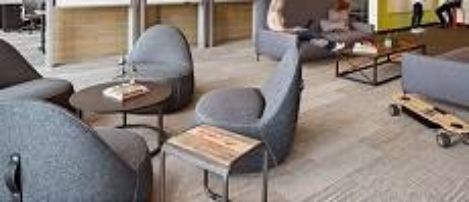
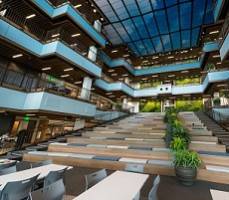



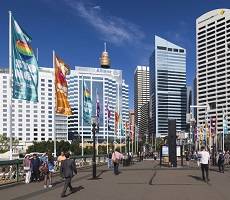
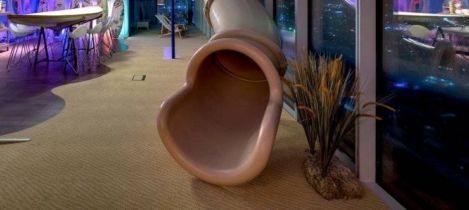
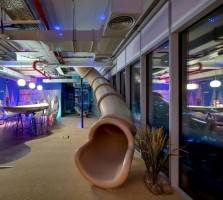


















November 5, 2015
Data transforms the roles of offices and the people who manage them
by Philip Ross • Comment, Facilities management, Technology, Workplace
(more…)